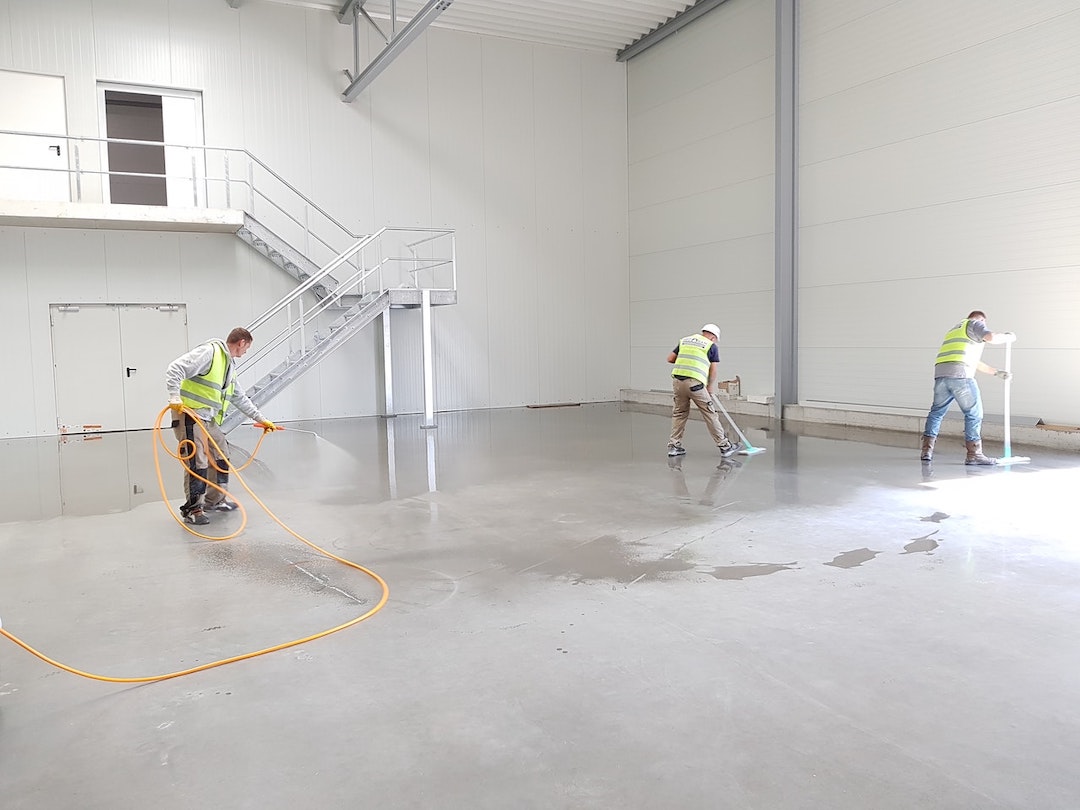Associate Professor Alberto Salvo from NUS Economics and an author of the study, said, “Plastic waste is a growing global environmental concern. While we see more research on the impact plastic pollution is having on the natural environment, there has been less work trying to understand the human behaviour that drives plastic pollution. This is where our study seeks to contribute – finding a strong causal link between air pollution and plastic waste through the demand for food delivery. Air quality in the urban developing world is routinely poor and in the past decade, the food delivery industry has been growing sharply. The evidence we collected shows a lot of single-use plastic in delivered meals, from containers to carrier bags.”
The results of the study were published in the journal Nature Human Behaviour.
Air pollution drives demand for food delivery services
The NUS team, including Assoc Prof Liu Haoming and Assoc Prof Chu Junhong, focused their study on China, which is among the world’s largest users of online food delivery platforms, with 350 million registered users. An estimated 65 million meal containers are discarded each day across China, with office workers contributing over one-half of demand.
The study surveyed the lunch choices of 251 office workers repeatedly over time (each worker for 11 workdays) in three often smog-filled Chinese cities – Beijing, Shenyang and Shijiazhuang – between January and June 2018. To complement the office-worker survey, the researchers also accessed the 2016 Beijing order book of an online food delivery platform, which broadly represented all market segments served by the food delivery industry – collecting observational data on 3.5 million food delivery orders from about 350,000 users.
Data from the survey and order book were then compared with PM2.5 measurements (fine particles less than 2.5 micrometres in diameter) during lunchtime periods from the air-monitoring network in all three cities. It was observed that PM2.5 levels during these periods were often well above the 24-hour US National Ambient Air Quality Standard of 35 μg/m³, making pollution highly visible. The researchers were careful to control for confounding factors such as economic activity.
Both data sources indicated a strong link between PM2.5 (haze) pollution and food delivery consumption. Correcting for weather and seasonal influences, the firm’s order book revealed that a 100 μg/m³ increase in PM2.5 raised food delivery consumption by 7.2 per cent. The impact of a 100 μg/m³ PM2.5 shift on office workers’ propensity to order delivery was six times larger, at 43 per cent.
Assoc Prof Chu from the Department of Marketing at NUS Business Schoolelaborated, “Faced with smog or haze outside, a typical office worker at lunchtime can avoid exposure only by ordering food to be delivered to his or her doorstep. A broader base of consumers has more alternatives to avoiding the outdoor environment on a polluted day, for example, by using a home kitchen when at home. This explains why the impact of air pollution on food delivery is smaller in the firm’s order book study than what we observed among workers, particularly those without access to a canteen in their office building. Nevertheless, we find the impact to be economically large also among the broader population served by the food delivery platform that we examined.”
Air pollution control brings plastic waste co-benefits
Over 3,000 photos of meals were submitted by office workers, enabling the NUS team to quantify how much disposable plastic varies across different lunch choices, in particular, meals eaten at the restaurant versus those delivered to the office. The researchers estimated that a 100 μg/m³ PM2.5 increase raised a meal’s disposable plastic use by 10 grams on average – equivalent to about one-third the mass of a plastic container. Photographs that were published as part of the study indicated that the average delivered meal used 2.8 single-use plastic items and an estimated 54 grams of plastic. The average dine-in meal used an estimated 6.6 grams of plastic, such as in chopstick sleeves or bottles.
Based on the order book, the researchers also estimated that on a given day, if all of China were exposed to a 100 μg/m³ PM2.5 increase in dose as is routinely observed in Beijing, 2.5 million more meals would be delivered, requiring an additional 2.5 million plastic bags and 2.5 million plastic containers.
Assoc Prof Liu from NUS Economics said, “Our findings probably apply to other typically polluted developing-nation cities, such as in Bangladesh, India, Indonesia and Vietnam. Waste management practices vary widely, with wind blowing plastic debris away from uncovered landfills or plastic being discarded into rivers and from there into the ocean. So, with eight million tonnes of plastic estimated to enter the seas each year, our study speaks to a wider issue. Individuals protect themselves from – and show their distaste for – air pollution by ordering food delivery which often comes in plastic packaging. It is evident from our study that air pollution control can reduce plastic waste.”
Moving forward, the researchers will continue working on behavioural feedback by which pollution begets pollution: in particular, to defend themselves from environmental pollution, humans use more natural resources and pollute more. As a recent example, the researchers note how concern over exposure to COVID-19 has led to booming demand for home-delivered meals which are predominantly packaged in plastic. They hope that their work will add to the voices calling for more environmentally friendly packaging and improved waste management.
Source: NUS










